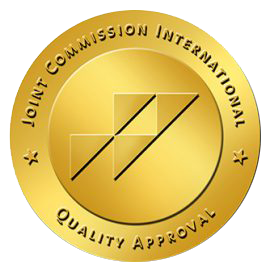Risk of Serious Bleeding with Antiplatelet Therapy for Secondary Prevention Post Ischemic Stroke in Middle East Population
Zeinab Awada, Rim Abboud, and Samer Nasr
Published online 2019 Jun 19
Abstract
Introduction
Stroke is a devastating disease, causing significant mortality and long-term disability worldwide. Since the bulk of ischemic strokes is attributed to atherothrombosis, secondary prevention with antiplatelet agents is essential to decrease the recurrence of stroke. Aspirin, as well as clopidogrel monotherapy, has been shown to reduce the relative risk of recurrent stroke. However, concerns regarding the efficacy and safety of dual antiplatelet approach still exist. Stroke patients are particularly susceptible to bleeding complications, which might be due to advanced age and comorbidities. Our study assessed the risk of serious bleeding among adult patients on antiplatelet therapy for secondary prevention after stroke who were admitted to Mount Lebanon Hospital (MLH) between 2010 and 2015. It also studied the effect of the antiplatelet therapy, including dose and combination in increasing the risk of bleed.
Methods
A retrospective monocentric study included 454 patients who were admitted for ischemic cerebrovascular accident (CVA) between 2010 and 2015, and discharged on antiplatelet therapy for secondary prevention. Those patients’ records were followed to assess the percentage of patients who developed a major bleed after initiation of antiplatelet therapy.
Results
The risk of serious bleed was highest with aspirin 100 mg monotherapy and dual antiplatelet therapy (DAPT) (Aspirin 100 mg + Clopidogrel 75 mg). Bleeding risk was high during the first three months of therapy. However, the highest risk of bleed exists during the duration extending between three months and one year for both aspirin 100 mg monotherapy and DAPT. Moreover, there was an established relation between patients’ related factors and bleeding risk. Advanced age and smoking were found to contribute to increasing this risk.
Conclusion
Aspirin 100 mg monotherapy and DAPT are associated with the highest risk of bleeding. Although this exists regardless of the duration of antiplatelet therapy, it is highest during the duration extending between three months and one year post initiation of antiplatelet therapy.







